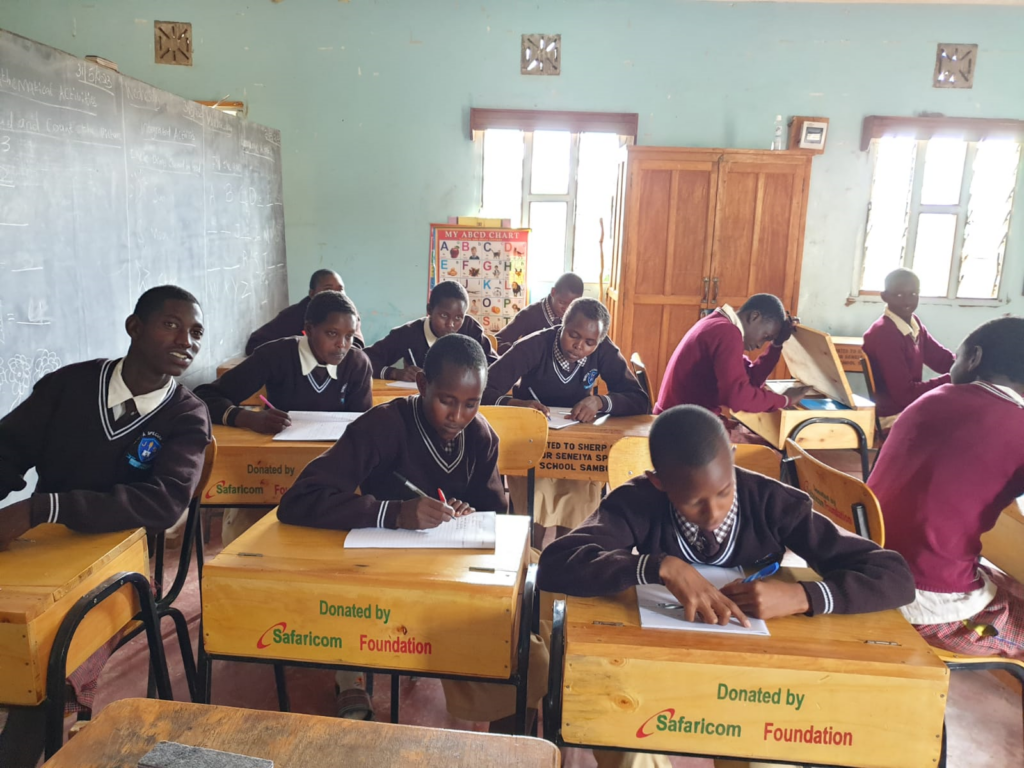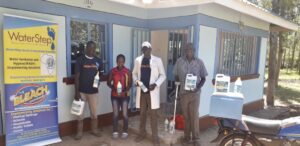Written by: Pam Platt, WaterStep Communications Specialist
A teacher shares how access to bleach and safe water has changed the lives of a school and students in Kenya
It’s one thing to say that safe water is a basic human right. It’s quite another to be part of a movement that works to ensure that right, and to see proof of that work and movement in action. And the difference it can make in the lives of all sorts of humans, including young ones with special needs.
So, today, meet Fozia Muhamud, deputy head teacher at the Seneiya Special and Junior School in Samburu County, Kenya.
Though her school is about 8,000 miles from WaterStep headquarters in Louisville, Ky., Muhamud wants those who contribute to WaterStep’s safe-water mission to know how much the organization’s equipment and training has impacted lives of the almost 200 special needs students between the ages of 6 and 17 years of age at the school.
A couple of years ago, Dida Daniel, WaterStep field consultant in Kenya who also works with the Red Cross, held a workshop in the area on the WaterStep BleachMaker and its capabilities in delivering safe water, sanitation and hygiene.
And that is only the beginning of this WaterStep story in Kenya.

Muhamud was there for the workshop, representing the interests of her school and students, who live with a range of disabilities. Some cannot hear, some are on the autism spectrum, some have cerebral palsy, others have mental challenges.
She had gone to the workshop to learn and for help in dealing with sanitation issues at the school, arising from young people in wheelchairs, unable to use toilets, and, she said, an inadequate supply of diapers because of a lack of funding for them. The circumstances dictated constant cleaning, disinfectant for dormitories, the dining hall, classrooms, toilets, bleach for laundry, and safe water for cooking and drinking. All of which took a toll on health, attendance, and community.
The BleachMaker changed everything, she said.
Now that the school makes its own bleach, and can see to its hygiene and sanitation needs for people and place on a reliable, consistent basis, here is how life has changed for the school and its students, according to Muhamud:
- Attendance has gone up, way up. Almost all the students attend classes on a daily basis.
- Infectious diseases are down. So are hospital visits.
- Being able to clean up students with mobility and toilet issues has not only improved the health of those children, but also has restored them to being among the school community; other children are interacting with them, and they feel part of it now.
Visitors to the school have noticed the difference, she said, and Muhamud shows them the BleachMaker. She said a doctor at a clinic next to the school wanted to know if the school was using special medications on the improving students, and she showed the doctor the BleachMaker and the difference it had made in maintaining a clean environment. A totally different environment, she said, one that is clean and conducive to learning. And they would love to have an additional BleachMaker.
Muhamud says, “Healthy children can learn.”
So can happy ones.
And they do.

In addition to their classroom lessons, one of the things they also have learned is how to make bleach.
Muhamud says she has taught some of the school’s deaf students how to use the BleachMaker, how to prepare the bleach and how to make it. And when it’s ready, to take it to the school’s support staff to use it. Connecting the dots, as wise teachers do.
The teacher in Muhamud sees the bigger picture for the students: They have learned an additional skill (bleach making). And they have learned and assumed responsibility for how important good hygiene and sanitation are for one’s well-being … physical, mental, and emotional.
Many of us take a lot of this for granted. A lot of people in the world can’t. How bleach can make a difference in education … or not.
Fozia Muhamud says it does. And has. She sees it every day.
It’s WaterStep’s belief that safe water is a basic human right. No matter who you are, no matter where you live.
It is our mission to empower individuals like Fozia Muhamud and the staffers and students at her school to take care of their water needs with equipment, education, and training that alleviates suffering, builds healthier communities and transforms lives around their world, our world, too.
And, in this season particularly, it is important to note that all this brings joy and hope, as well.
“Please tell WaterStep how grateful we are for the BleachMaker, and how it has made such a change in the school,” she said.



